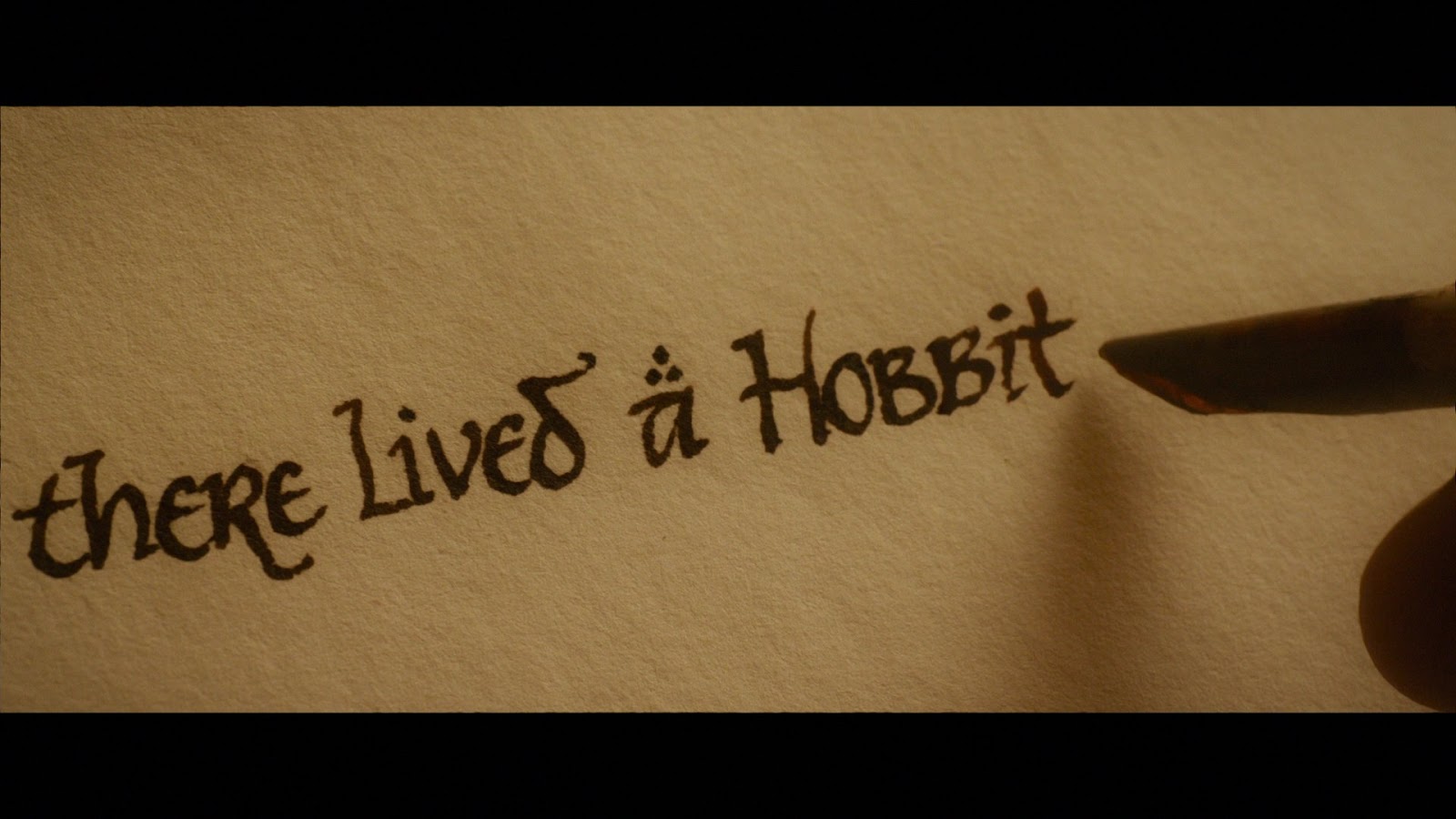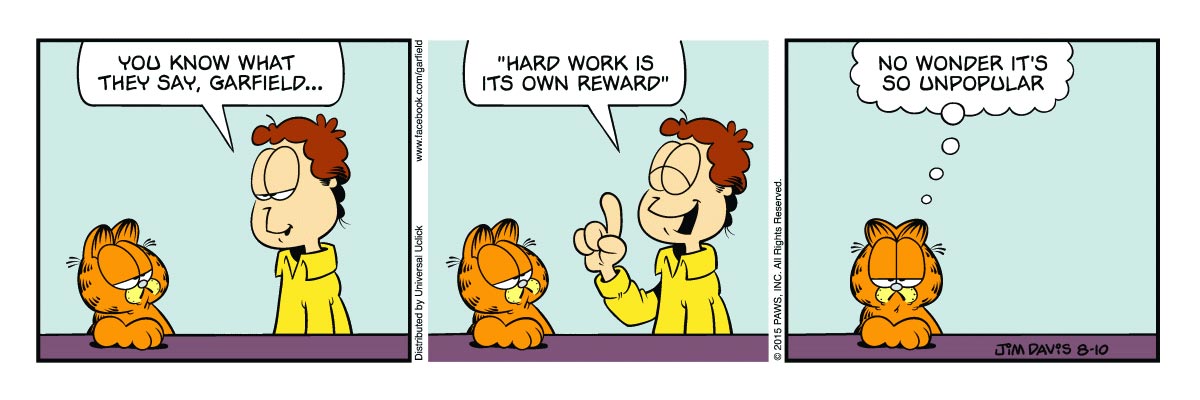
Just Tell Your Story, Already
By Brian • 3 May 2018
[Surprise, surprise. I’m struggling through *more creative process/work habit issues! As usual, I hope talking myself through my problem here might help somebody else out there, as well.]*
Recently, a friend said something about art that struck me in a way I wasn’t expecting. To paraphrase, the goal of art should not be entertainment; the goal of art should be to tell a story. In other words, writing, drawing, performing, or whatever the form of art may be, is done because of a burning desire to express something inside of the artist. A good professional wrestler, for instance, works with the same intensity and believability in front of ten people as he or she would in front of ten thousand people. They do this because wrestling is their art, and getting their story out there is the most important thing to them, regardless of how many people are in the seats. They do it because they need to—they have a story they need to share with other people, whether it’s ten or ten thousand.
I thought about this for a while. I’m still thinking about it. And I realized that I have lost sight of the idea of creating art to tell a story, and instead have wandered into the territory of creating art for entertainment. I know this because the first question I keep asking myself (and others) about future projects is this: are they marketable? Will other people like them? My number-one concern about these projects is no longer getting the story out there; it’s commerce. It’s finding an audience and making money, and if I can’t find an audience or make money telling these stories, is it still worth it to tell them?
This is all wrong.
When I started doing creative things like comics and blogs and so on, all I wanted to do was tell the story. If I made some scratch on the side from my work, so much the better. Now, I allow everything I do to be driven by other people; the focus is on sales potential and social media relevance. I’ll make new comics if I think other people will like them. I post things on social media to make it look like I have an active presence, not because I have something I want to share because I think it’s important. I make new products for comic conventions, not because they are products I want to make, but to make sure my booth isn’t getting stale. It feels really…well, it feels really fake. I’m putting too much marketing effort into too small a body of work, wasting a bunch of time trying to get people to like and buy my stuff when I should be creating more stuff. And, instead of actually creating more stuff, I spend an endless amount of time in the pre-planning phase, trying to make sure everything is perfect before getting started so that the work has maximum appeal to the masses and minimum potential for negative feedback, thus leaving my projects in limbo indefinitely.
Here’s the bottom line. The best thing I can do to be marketable and to find an audience is to make a compelling comic. That’s it. That’s the list. Take the stories I want to tell and just tell them, already. Do work, a ton of work. I look at a guy like my friend (and frequent convention neighbor) Nathan Bonner, who makes Indavo and Shamus Stone, and now Cowboy Robo. He doesn’t get preoccupied with any of this stuff. He sits his ass down and gets #$%&ing work done. In addition to all his comics, he’s also got almost an hour of animated Indavo adventures on YouTube that, aside from voice-acting, he made by himself. At Cape Comic Con two weekends ago, I’m sitting there fretting about table layout and other nonsense. I look over at Nathan, and he’s cranking out *more *comic strips between commissions. The man is a machine, and he’s doing it because he’s got a story to tell, not because, oh, this or that might be marketable.

The best lesson I learned from Cape Comic Con (other than watching Nathan do more work in an hour than I get done in a month) came from two compliments I received about Six Legs, No Heart. *One couple and their son walked past the table, noticed *Six Legs, and stopped to tell me that they’d gotten a copy in their Comic Con swag bag the previous year, and that their son has autism, and he liked the comic so much that he slept with it every night until it fell apart. (I should have offered them a free replacement then and there, but I was too dumbfounded to take action other than offering my polite thanks.) Later in the weekend, another convention-goer who likes my work and has a son who likes my work, stopped by to tell me they loved *Six Legs, *and he proceeded to page through the book and show me the exact panel that hooked him.
I’ve mentioned before that Six Legs is a comic that I feel has underperformed, and I blamed it on poor marketing on my part. But maybe it’s just not everybody’s cup of tea like I expected. I convinced myself I could capture a bunch of audiences with it: comic fans, horror fans (both the legitimate and campy, B-movie varieties), slice-of-life fans, and so on. It’s a story to which anybody who has ever had a bug problem can relate. Even though it was a story I needed to tell and something from the heart, it may simply not have that broad appeal. But it doesn’t matter. I told the story I wanted to tell, the way I wanted to tell it. If I never sell another copy, it’s still a success. I know that sounds really self-aggrandizing and like I won a trophy at “Everybody Gets a Trophy Day,” but success doesn’t have to mean just financial success, especially when this is supposed to be one of my favorite pastimes. And based on the compliments above, I learned for certain that the book meant something to somebody. Telling my story and knowing it made a difference in other people’s lives. That’s what matters.
How to Fix it
Do the work. Make comics. Forget mass appeal. Forget optimizing for the widest audience. Forget lame, forced social media posts. Tell my story, already, and get excited about it.